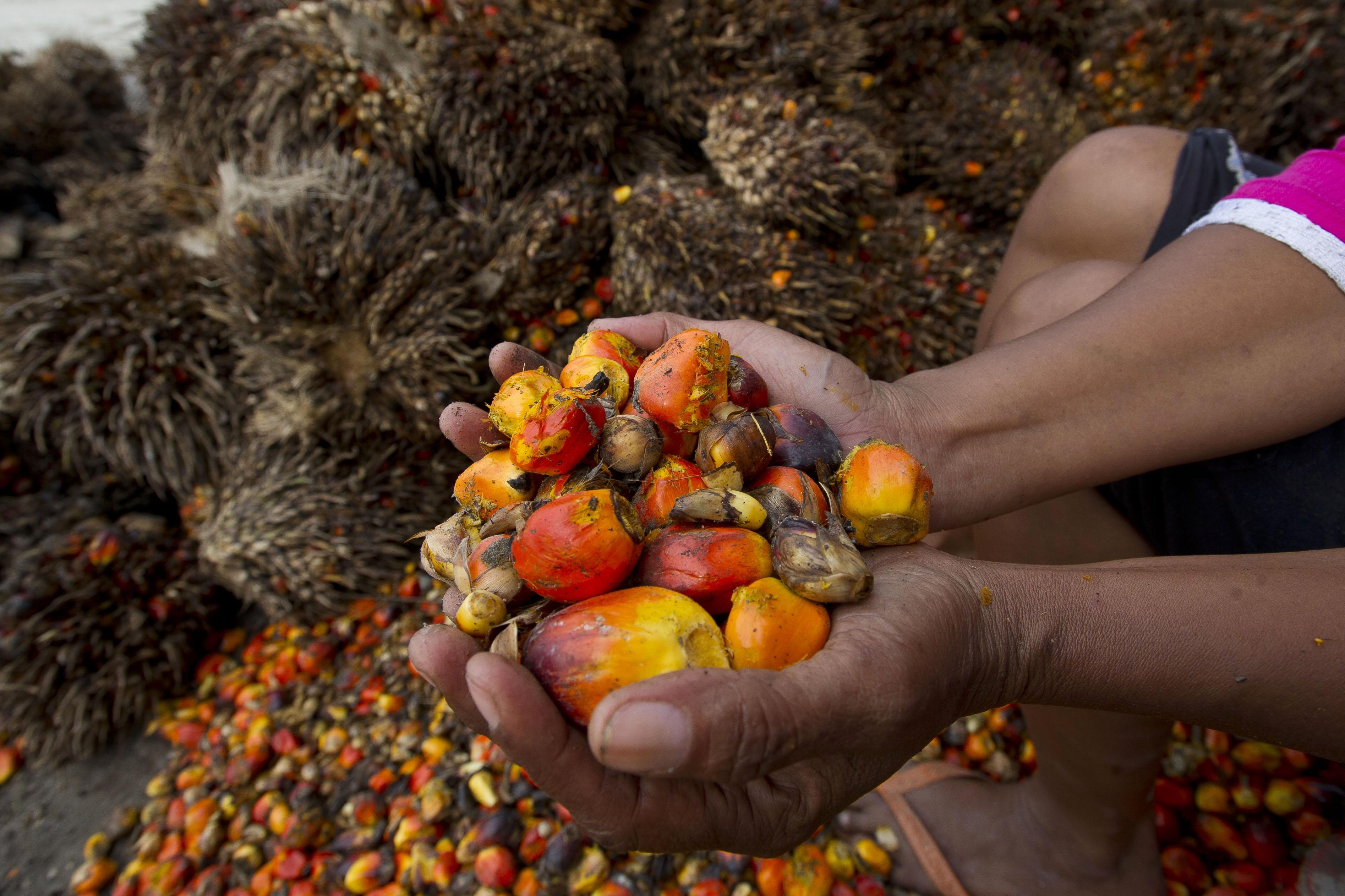Why Some Asian Refiners Want Higher Crude Prices, For Now
The conventional thinking is that lower crude prices are a boon for refiners

The conventional thinking is that lower crude prices are a boon for refiners
Bareksa.com - As counter-intuitive as it sounds, it's possible that some major Asian oil refiners are actually trying to boost the price of crude, at least in the short term.
The conventional thinking is that lower crude prices are a boon for refiners, as they reduce the cost of feedstock, thereby allowing margins to rise.
It's this kind of thinking that has prompted some media reports to point to strong Chinese buying of crude as an example of refiners taking advantage of lower prices to stock up.
Promo Terbaru di Bareksa
But what if the refiners are actually trying to boost the price of spot physical crude?
The reasons for doing so would be that they have already committed to buy cargoes for delivery in the next few months at the higher prices that prevailed earlier this year.
This would especially be a problem if prices of refined products decline while refiners are still paying for more expensive, previously-purchased crude cargoes.
Refiners may also be reluctant to take writedowns on the value of inventories bought when crude prices were stronger.
Consider the recent actions of Chinaoil, the trading arm of PetroChina, the state-controlled oil major.
It has been active in buying Middle Eastern crudes for December in the Platts window, the period just prior to the market close when buyers and sellers can trade physical cargoes.
The Chinaoil buying has resulted in a record number of cargoes being traded in the window, which has had the effect of boosting the premiums of some crude grades relative to their official selling prices.
For example, Chinaoil's buying of Upper Zakum crude pushed the Abu Dhabi crude earlier this month to its highest price for 11 months and the biggest premium in more than 2-1/2 months.
While the Platts window is a place for physical oil trades to take place, it's also a place where a trader can be seen to be active.
In other words, if you wanted everybody in the market to know what you were doing, and how much you were prepared to pay for oil, the Platts window is the place to go.
This isn't suggesting that Chinaoil, or anybody else, is trying to manipulate the market in any way, rather it's an indication that they are prepared to pay premiums in order to secure December cargoes.
The question is are they doing this because oil is cheap and they think this won't last, or because Chinese demand is strengthening, or because they want to keep prices of physical oil and refined products strong while they use up their more expensive, previously acquired crude?
REFINERS FACING LOSSES
Brent crude oil was averaging just under $109 a barrel for the first six months of the year, and by September it was down to about $95 for the month.
It was at $85.23 a barrel in early Asian trade on Tuesday, meaning that refiners that bought cargoes as recently as September are sitting on losses of about $10 a barrel relative to current spot prices.
The price of refined products in Asia has mirrored the drop in crude, with Singapore gasoil dropping from $110.15 a barrel on Sept. 30 to $98.10 on Monday.
This means that a refiner who paid September prices for crude but is selling products at current prices is staring at substantial losses.
If Chinese, or other Asian, refiners are buying crude with the aim of supporting prices, at least temporarily, then it may call into question recent suggestions that Chinese demand is picking up.
China's implied demand, which excludes inventory changes, jumped 6.2 percent in September from August to hit a seven-month high of 10.3 million barrels per day (bpd).
Refinery throughput was 10.22 million bpd, the highest since February and 4.8 percent up on the August figure, while crude imports were 6.7 million bpd in September, the second-highest on record and up 13.1 percent from August's figure.
China doesn't reveal strategic inventories of crude and products, but does report percentage changes in commercial stocks. The last reported figures showed a gain of 0.47 percent in crude inventories in September and a decline of 2.7 percent in refined product stockpiles.
If demand in China is genuinely strengthening, then the inventory data for the rest of the year shouldn't show much in the way of increases.
Another factor to watch is China's net trade balance on refined products, with any increase in exports likely a sign that some of the additional crude being purchased and refined is being re-exported in the form of refined fuel. (Source: Reuters)
Pilihan Investasi di Bareksa
Klik produk untuk lihat lebih detail.
| Produk Eksklusif | Harga/Unit | 1 Bulan | 6 Bulan | YTD | 1 Tahun | 3 Tahun | 5 Tahun |
|---|---|---|---|---|---|---|---|
Trimegah Dana Tetap Syariah Kelas A | 1.385,6 | ||||||
Trimegah Dana Obligasi Nusantara | 1.095,56 | - | |||||
STAR Stable Amanah Sukuk autodebet | 1.085,51 | - | - | ||||
Capital Fixed Income Fund autodebet | 1.853,59 | ||||||
Insight Renewable Energy Fund | 2.287,69 |

Produk Belum Tersedia
Ayo daftar Bareksa SBN sekarang untuk bertransaksi ketika periode pembelian dibuka.

Produk Belum Tersedia
Ayo daftar Bareksa SBN sekarang untuk bertransaksi ketika periode pembelian dibuka.